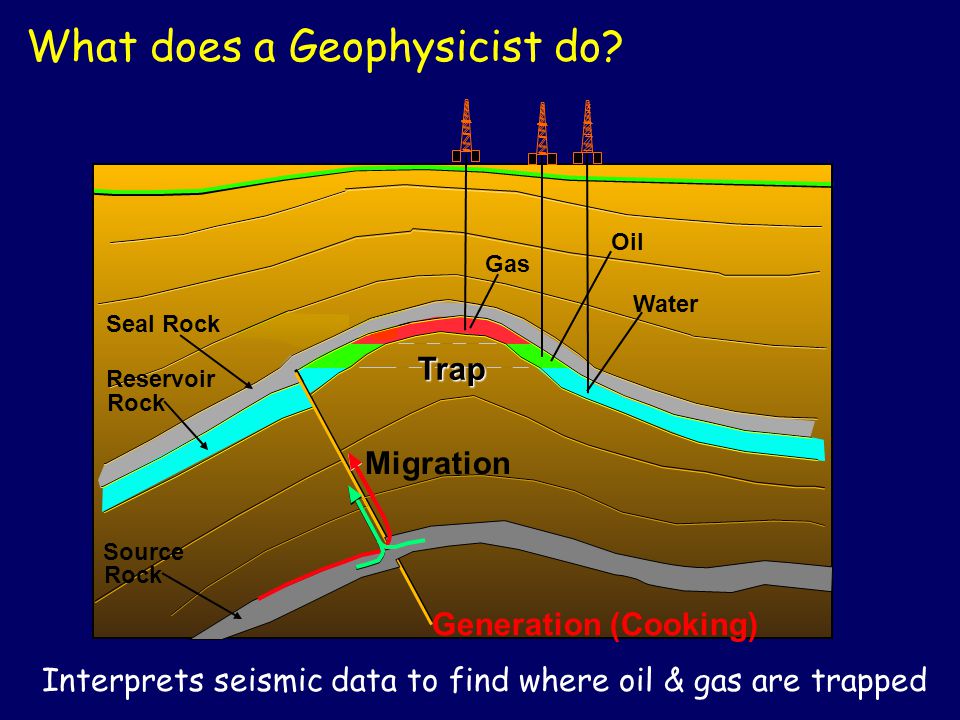All Categories
Featured
Table of Contents
Marine Geophysical Surveying - in Kiara Western Australia 2021
This work is significantly contracted out, so consultancies provide another source of employment. Consultancy companies vary in size, from really small companies to big multinationals. Some consultancies are rather specialised in using specific geophysical methods or operating in particular areas, while others use a more varied variety of services to their consumers.
The extraction of gas from landfill sites is another area of employment and this may grow in the future. Exploration business may undertake work for construction companies, public utility, mining business and environmental firms, so geophysicists may be used in any of these settings. Other employers consist of: geological surveysgovernment bodies and agenciesuniversities and research institutes.


Vacancies might be noted in the oil and gas sector press. Recruitment is impacted by oil price variations and the level of competitors for positions varies depending upon this. Professions Days, which cover the complete variety of geoscience professions and are usually gone to by a number of key industry companies, are run by The Geological Society.
Geophysical Survey In Archaeology in Maddington Oz 2023
A few of the large oil and gas companies use a full two-year structured training programme across the breadth of geophysics, consisting of the opportunity to experience operate in various teams prior to specialising in one location. Your training may consist of work on: existing wellsmagnetic and gravitational potential field data analysisresearchrock analysis. It's more typical for your preliminary training to be offered on the task.

There might be a probationary duration throughout which you work along with a knowledgeable colleague. Competency-based appraisals take place regularly in many firms. In smaller sized companies, and for academic posts, there is not likely to be any formal training - you'll be anticipated to begin work straightaway and get abilities as you go along.
If you work for a smaller sized business, you might discover that you require to take responsibility for organizing and moneying your own advancement and training. If you have a geology degree, membership of The Geological Society can be helpful for networking and for maintaining to date with the industry.
Geophysicist in West Leederville WA 2020
You might also discover it helpful to join the PESGB (The Petroleum Exploration Society of Great Britain, which has a geophysics special interest group. After a probationary period, and as soon as you've acquired some experience, you could progress to senior geophysicist, then group leader and after that into a senior role in management.
The ease of movement in between functions depends on the business structure. Research study at Masters or Ph, D level in a subject associated to geophysics or geosciences might aid with your career advancement and progression. The work market within the oil and gas market is really dependent on rate and this might affect your opportunities for profession development.
For experienced geophysicists, freelance consultancy provides an excellent route for career development. As a geophysicist, you're likely to have a number of tasks throughout your working life.
Marine Geophysicist - Explore The Seafloor in Cannington Western Australia 2023
From geophysics, it's possible to concentrate on seismology (finishing more training to end up being a seismic interpreter) or to move into related areas such as engineering geology or threat prediction.
Deciding what to study in college is a tough option. Even if you know that your field of interest lies in science, what program of study is right for you? If you make the decision to major in physical and life sciences and pursue a profession as a geophysicist, you're getting ready for an exciting and lucrative occupation.
The very first action to accomplishing your goal of becoming a geophysicist is making a degree. Even for entry-level positions in the field of geoscience, you'll require a bachelor's degree (a geophysicist college degree) from an accredited college or university. Some research positions need prospects to hold master's degrees or perhaps Ph.
Geophysical Methods Commonly Employed For Geotechnical ... in Wattleup Australia 2021
Postgraduate degree are particularly essential if you plan to teach at a four-year institution. Geophysicists apply physics ideas and methods to study the gravitational, magnetic, and electrical fields of the earth. This enhances researchers' knowledge of both the world's interior core and its surface. Geophysicists should be able to: analyze rocks, photos, and other pieces of data perform research study both in the field and in laboratories create maps and charts of their findings write reports To achieve all this, students need a specialized education for geophysicist professions.
As mentioned above, you'll require a bachelor's degree in geoscience or a related discipline, such as a physical science or a natural science, to land an entry-level job. But students can likewise prepare by majoring in topics like: Biology Chemistry Computer system science Engineering Mathematics Physics The above geophysicist majors provide a more generalized method to a single clinical discipline, but most programs require students to take several geology course.
Latest Posts
Geophysical Surveys - U.s. Geological Survey in Wandi Western Australia 2023
Geophysics in Mount Claremont Aus 2020
Geophysical Survey in Casaurina Aus 2020